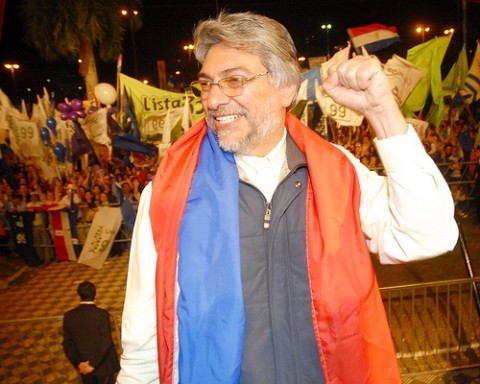A second spring

As an intellectual exercise, imagine that the September 11 attacks had never occurred. While we can speculate about what would have been the main issues in U.S. politics over the past decade, it's almost certain that North Americans would have paid much more attention to Latin America. That region has lived through some quite tumultuous events, from the near-collapse of Argentina in 2002 to the astonishing economic rise of Brazil. In particular, we would have noticed revolutionary political transformations in several countries and far-reaching changes in the continent's familiar religious assumptions.
One surprise is the persistence of Catholic liberation theology, long after its obituaries were written in the early 1990s. The church hierarchy purged or neutralized most of the leading liberation-minded theologians and bishops during the 1980s, and base communities stagnated. Nevertheless, the pupils of those liberationist thinkers remained active. Older theologies of liberation have fueled a general leftward drift in the affairs of several nations—a movement that presumably would have panicked U.S. authorities had they been able to drag their eyes away from confrontations in the Middle East and Southeast Asia. We might even say that the liberation movement has enjoyed a second spring.
Much of the media attention has gone to the demagogic Hugo Chávez, who has ruled Venezuela since 1998. But leftist regimes have sprouted elsewhere—under Evo Morales in Bolivia and Fernando Lugo in Paraguay. Each government in its way builds on older religious foundations and maintains friendly relations with liberationist thinkers and communities. Lugo himself was a young Catholic priest in the late 1970s, when he was exposed to liberation theology. In 2005, he resigned as bishop in order to run for national office. He speaks the language of Catholic social thought and favors land redistribution. Liberation-minded clergy advise and support both Chávez and Morales. Morales's radical-minded deputy interior minister, Rafael Puente Calvo, is an ex-Jesuit, who studied in Spain in the 1970s. Ecuador's president, Rafael Correa, cites Catholic social teaching as the basis for his policies, which include threatening to repudiate the country's foreign debt.




